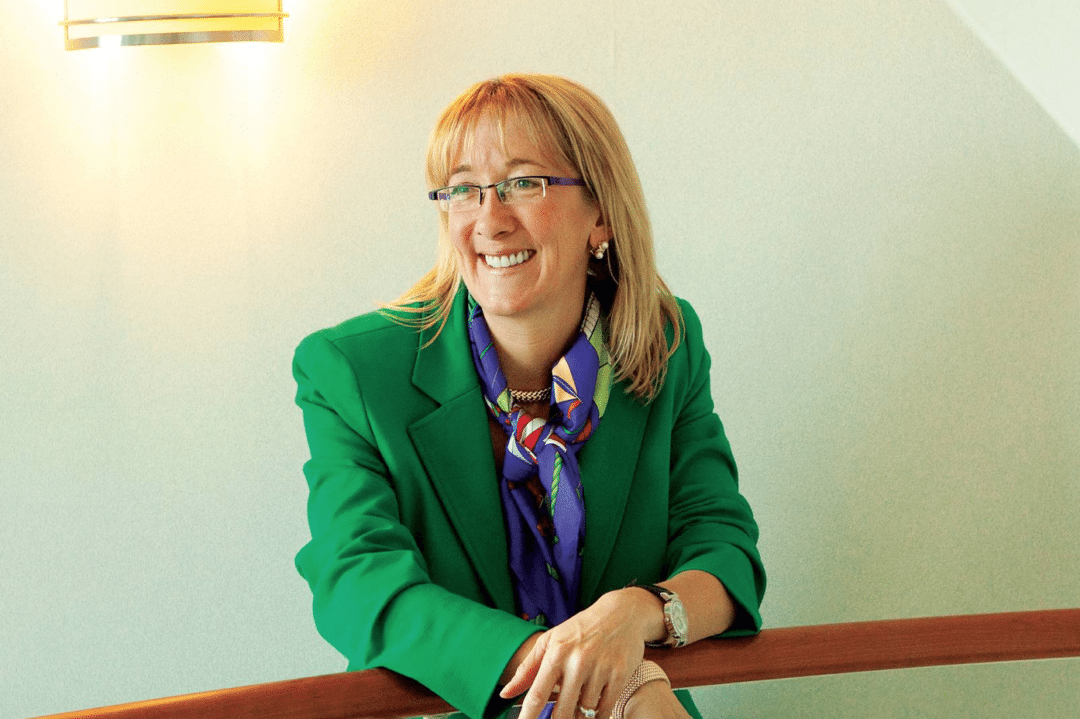ImpactAlpha’s What’s Next series, produced in partnership with the Global Impact Investing Network, provides a platform for practitioners and experts to reflect on the future of impact investing. The GIIN’s Amit Bouri kicked off the series with a call for the development of a trusted identity for impact investing. What’s next for impact investing? Send your responses to editor@impactalpha.com.
In building any sustainable financial market asset class or sector, it is a prerequisite that participants are able to use a common language and agree a set of principles that are widely recognised and adopted.
This has largely been absent from the impact investing community and has served as a limiter to the market’s growth and broad acceptance.
For example, we are constantly faced even today, despite all the enthusiasm for the sector, with needing to explain where philanthropy/social enterprise ends and impact investing begins, or the difference between impact intentionality and impact measurement, even to those who profess to be familiar with impact investing.
Global Goals
The framework provided by the United Nations around the Sustainable Development Goals (the SDGs) is instructive. The U.N. defined the challenge, articulated clear definitions of the verticals and then worked hard to seek far reaching acceptance. Today, the SDGs have attracted a full suite of players across financial markets globally. The global goals underpin the articulation of investment themes and actions. The creation of this language and framework clearly helped to incite and channel collective action.
The goal of the GIIN is to collaborate with the financial community to jointly advance industry definitions, principles, investment guidelines and measurement standards. I agree that a framework for “what good looks like” is the next logical step that needs to be taken to professionalize and mainstream impact investing.
I would hope and expect that this will result in a global response similar to what we saw with the SDGs.
Marisa Drew is the CEO of the impact advisory and finance department at Credit Suisse.












